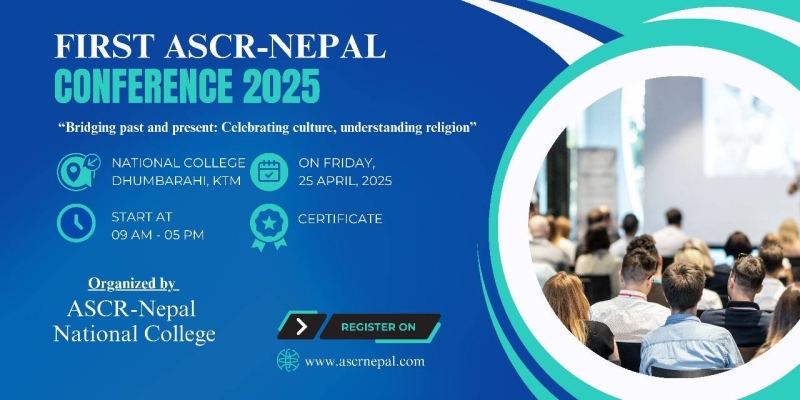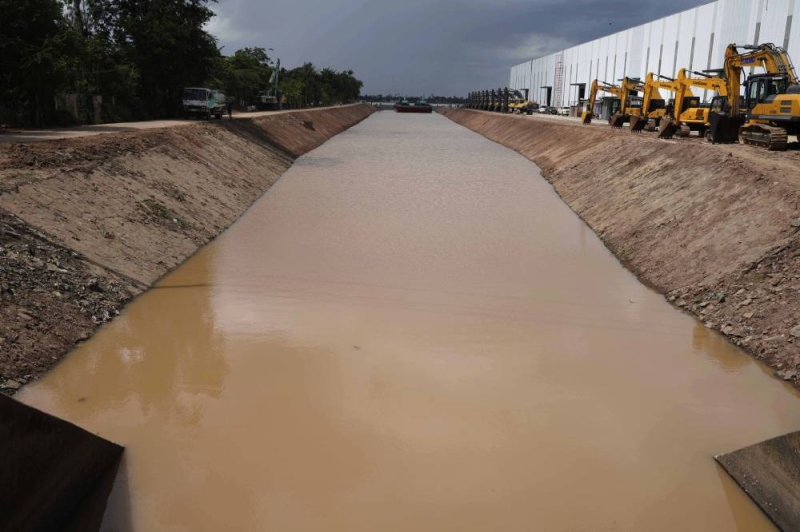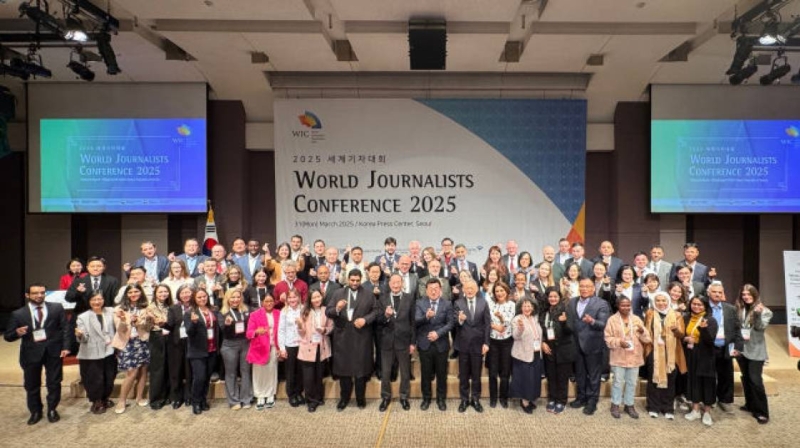TOPICS : Washington warms to Indonesia’s unruly army
TOPICS : Washington warms to Indonesia’s unruly army
Published: 12:00 am Aug 02, 2005
Jim Lobe:
As US President Bush last week reiterated his support for spreading freedom abroad, his administration was preparing to remove a major obstacle to restoring full ties with Indonesia’s armed forces (TNI), widely regarded as one of the world’s most abusive militaries.
According to Congressional offices contacted last week by Secretary of State Condoleezza Rice, the State Department will soon “certify” that the TNI is cooperating fully in the investigation of the murder of two US schoolteachers in West Papua in 1982. The State Department confirmed that the question is under active review. Once the certification takes place, Indonesia will be eligible to receive $600,000 to participate in the Department’s International Military Education and Training programme, from which it has been barred since 1992 after army troops massacred more than 100 peaceful demonstrators in East Timor.
The move, long urged by the Pentagon for strategic reasons, will leave in place only one sanction imposed by Congress against the TNI as a form of pressure to improve its human rights performance and ensure its subordination to Indonesia’s civilian-led government: a 1999 ban on the sale of lethal military equipment to the TNI. Human rights groups and activists are protesting the move as premature and short-sighted. “The amount of money for IMET may be small, but its symbolic value is enormous,” said John Miller, spokesperson for the East Timor Action Network.
The US has long wanted to restore full military ties with Indonesia. As the world’s most populous Muslim nation, occupying an enormous archipelago that controls some of the world’s busiest and most important sea lanes, it is seen as a major strategic asset, particularly in the “war on terrorism” and as a possible counterweight to China in Southeast Asia.
This is particularly true in Aceh and West Papua, where it is also challenged by a low-level insurgency, the prosecution of the perpetrators of serious abuses, including those that occurred in East Timor in 1999, its subordination to civilian control, and, most recently, cooperation with a US investigation of the 2002 ambush of schoolteachers and their families near the giant Freeport McMohan gold mine on West Papua. Since September 11, 2001, however, the administration has persuaded Congress to drop or water down most of the conditions, leaving only the last place. At the same time, it has opened a variety of new aid channels designed to circumvent the military ban.
Most critics say the problem is that Susilo Yudhoyono, Indonesia’s first directly elected president, and his civilian defence minister, Juwono Sudarsono cannot truly control the army, which has been the most powerful institution in Indonesia since 1958.
While the Indonesian Air Force and Navy were reportedly particularly helpful during the tsunami relief efforts, reports of army abuses, including continuing its counter-insurgency campaign against secessionist rebels who had declared a unilateral ceasefire, have persisted. That concern provoked Human Rights Watch and Human Rights First to warn that the military may be preventing the displaced from returning to their homes by moving them into camps without consulting them. — IPS





